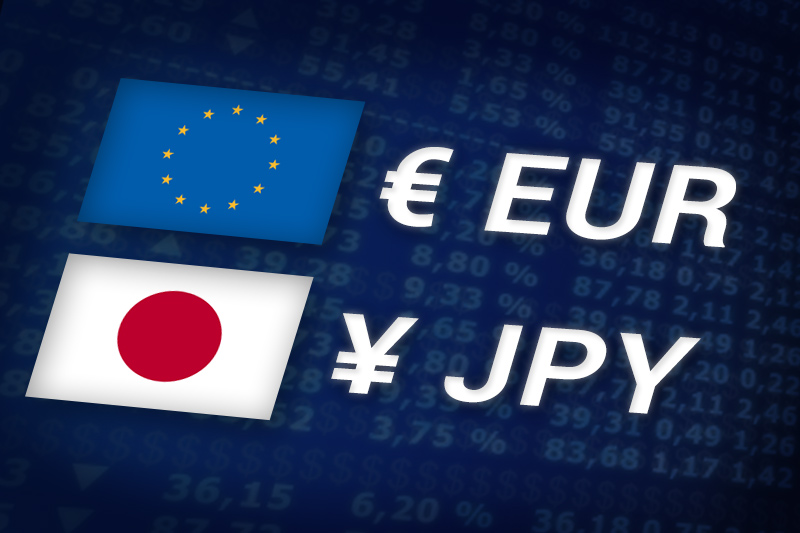Investing.com - The euro fell to a three-day low against the yen on Monday, as weak economic data from the euro zone added to concerns over the handling of the region’s debt crisis amid political uncertainty in France and the Netherlands.
EUR/JPY hit 106.36 during European afternoon trade, the pair’s lowest since April 18; the pair subsequently consolidated at 106.49, tumbling 1.19%.
The pair was likely to find support at 105.94, the low of April 12 and resistance at 107.99, last Friday’s high.
Sentiment on the shared currency was hit after data showed that the euro zone's manufacturing output slumped to its lowest level since June 2009 this month, while its services sector fell to a five month low.
The preliminary euro zone manufacturing purchasing managers’ index fell to a seasonally adjusted 46.0 in April from a final reading of 47.7 in March. Analysts had expected the index to ease up by 0.5 points to 48.2 in April.
The preliminary euro zone services PMI slid to 47.9 from 49.2 in March. Analysts had expected the index to ease up by 0.2 points to 49.4.
The decline was driven by poor performances in Germany and France, with manufacturing activity in Germany slowing to the lowest level in almost three years.
The weak data fuelled fears economic growth in the region will be hit by planned government austerity measures.
Sentiment also weakened amid fresh concerns over political uncertainty in the euro zone, as investors mulled the implications of the collapse of the Dutch government following failed budget negotiations and outcome of the first round of the French presidential election.
Elsewhere, the yen was also higher against the U.S. dollar with USD/JPY declining 0.49%, to hit 81.12.
Also Monday, the Bank of Spain said it believes that the country’s economy has entered a recession.
The central bank said gross domestic product contracted by 0.4% in the three months to March. That follows a 0.3% contraction in the fourth quarter, and zero growth in the third quarter of last year.
EUR/JPY hit 106.36 during European afternoon trade, the pair’s lowest since April 18; the pair subsequently consolidated at 106.49, tumbling 1.19%.
The pair was likely to find support at 105.94, the low of April 12 and resistance at 107.99, last Friday’s high.
Sentiment on the shared currency was hit after data showed that the euro zone's manufacturing output slumped to its lowest level since June 2009 this month, while its services sector fell to a five month low.
The preliminary euro zone manufacturing purchasing managers’ index fell to a seasonally adjusted 46.0 in April from a final reading of 47.7 in March. Analysts had expected the index to ease up by 0.5 points to 48.2 in April.
The preliminary euro zone services PMI slid to 47.9 from 49.2 in March. Analysts had expected the index to ease up by 0.2 points to 49.4.
The decline was driven by poor performances in Germany and France, with manufacturing activity in Germany slowing to the lowest level in almost three years.
The weak data fuelled fears economic growth in the region will be hit by planned government austerity measures.
Sentiment also weakened amid fresh concerns over political uncertainty in the euro zone, as investors mulled the implications of the collapse of the Dutch government following failed budget negotiations and outcome of the first round of the French presidential election.
Elsewhere, the yen was also higher against the U.S. dollar with USD/JPY declining 0.49%, to hit 81.12.
Also Monday, the Bank of Spain said it believes that the country’s economy has entered a recession.
The central bank said gross domestic product contracted by 0.4% in the three months to March. That follows a 0.3% contraction in the fourth quarter, and zero growth in the third quarter of last year.
